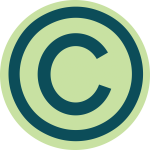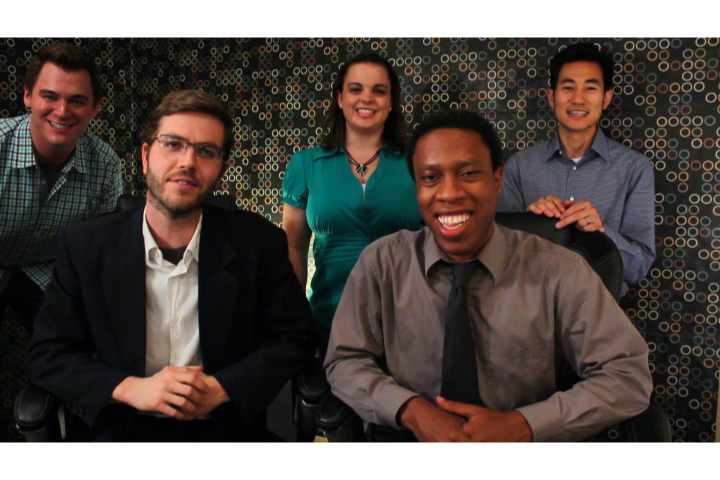A video to our community: Big news about our future!
Join New Media Rights in signing the Declaration of Internet Freedom to uphold basic rights in the digital world
September Newsletter: Success stories, challenging AT&T, and Blogworld 2011
Youtube offers of one out of six Creative Commons licenses, sends mixed messages
Lost in Translation: Rosetta Stone sues Google for Trademark infringement
How the law strangles creativity, an introduction to Creative Commons by Lawrence Lessig
Pages
Learn about our legal services for: App Developers, Artists & Graphic Designers, Bloggers & Journalists, Clothing Designers, Entrepreneurs, E-commerce Business People & Startups, Filmmakers & YouTube creators, Public Broadcasting producers,Game Developers, Internet users & Smartphone users, Makers, Musicians, Non-Profits, Photographers, Scholars, Researchers, and Writers and Publishers.

 The Copyright Office has begun a process of considering creating a small claims court or system for small-scale copyright disputes. This would affect the internet users and independent creators NMR assists significantly.
The Copyright Office has begun a process of considering creating a small claims court or system for small-scale copyright disputes. This would affect the internet users and independent creators NMR assists significantly.



